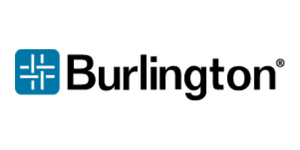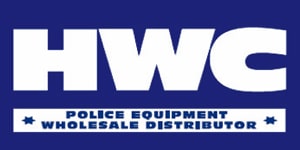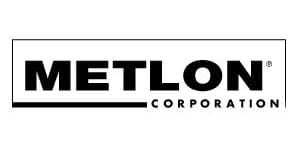By Dr Khasha Ghaffarzadeh, Research Director, IDTechEx
The first generation of wearable devices are constructed using mature, rigid technologies put inside a new box that can be worn. These are often bulky devices that are not truly wearable in the sense that our clothes are. This is, however, beginning to change, albeit slowly. New conformal, clothing-based components are emerging. Further announcements last week from Google’s Project Jacquard, in collaboration with Levis, shows that the technology and fashion industries are starting to make real progress through collaboration.
This project is but one example of work being done and the IDTechEx Research report, E-Textiles 2016-2026: Technologies, Markets, and Players, finds that electronic textiles (e-textiles) are on the cusp of rapid growth, forecasting the market to increase from under $150m in 2016 to over $3.2bn by 2026. Many still argue that e-textiles are solutions looking for a problem, but IDTechEx Research finds that there is tremendous interest and progress right across the value chain. This includes material suppliers, traditional textile companies, contract manufacturers, brand owners, etc.
Conductors will inevitably play an indispensable role in any e-textile system. Naturally, therefore, conductive inks suppliers are all very interested. In parallel, conductive ink suppliers face challenging conditions in their traditional well-established market sectors.
For example, IDTechEx Research report, Conductive Ink Markets 2016-2026: Forecasts, Technologies, and Players, forecasts that the combined market for the previously well-established photovoltaic and touch screen edge electrodes will achieve a measly CAGR of 1-2% between 2016 and 2026. The latter segment is forecast to decline whilst growth in the former will be hugely constrained thanks to the decreasing average silver consumption per cell.
In fact, these traditional markets are increasingly characterised by low demand growth, intense competition, high customer price sensitivity, and low customer loyalty. This is yet another reason why conductive inks suppliers are hugely interested in new high-growth applications areas such as e-textiles.













